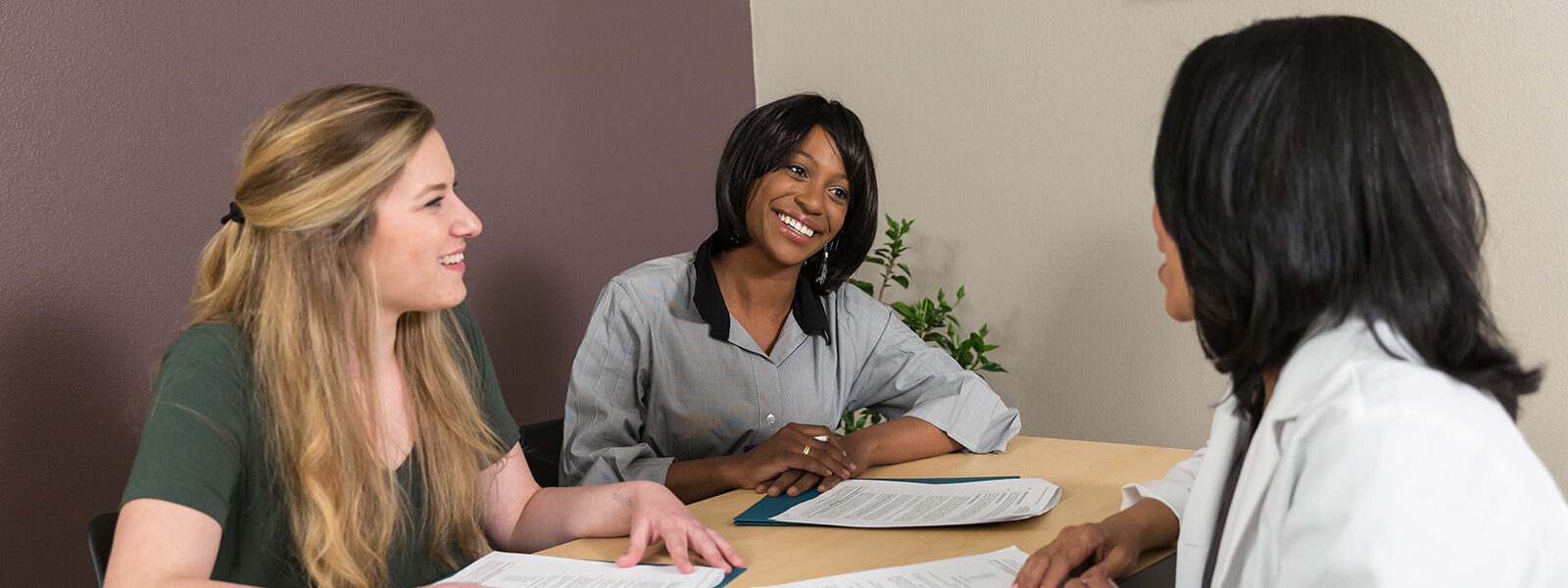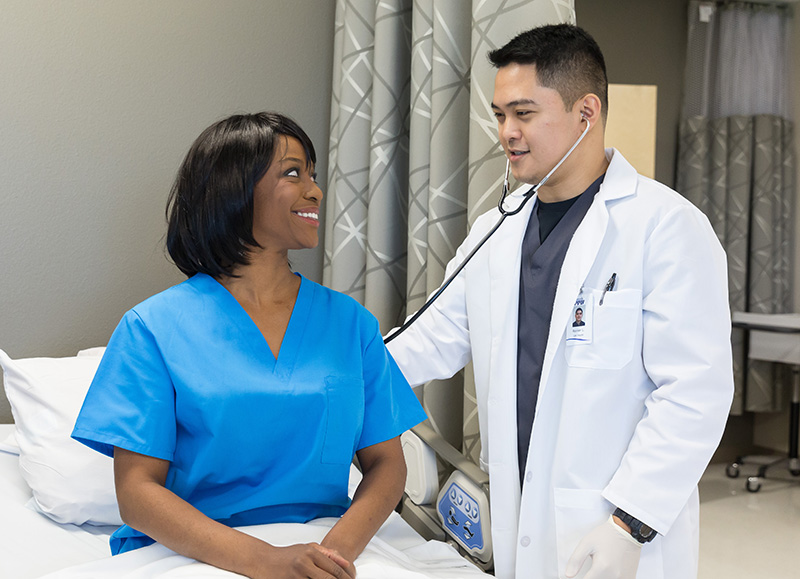
What to Expect from a Trial
When you call us to inquire about being a clinical trial volunteer, our representative will speak with you about your medical history. If you meet the criteria for a clinical trial, we will ask you to come to the clinic for a screening visit and consultation.
During the screening visit, you will consult with a medical staff member about the details of the trial and discuss any known side effects associated with it. We will answer your questions about participating in the trial, and you will be asked to sign an informed consent form.
Screening
To determine if you meet the requirements for the trial, a variety of screening and eligibility assessments will be performed. These generally include:
- Medical history review and physical examination with medical staff
- Measurement of your height, weight and vital signs (blood pressure/pulse)
- ECG/EKG to measure electrical activity of the heart
- Blood and urine collection for lab assessments
- Other diagnostic tests as required by the study protocol
All information that you supply us and that we obtain in the screening process will be kept confidential.
If you qualify as a volunteer for the trial, you will be contacted to schedule your participation. As with any clinical trial, you are free to withdraw your participation at any time.
Whether you qualify for the trial or not, a clinic staff member will confidentially share with you the results of your physical examination and any screening tests that have been done. Should the results of your screening tests or physical examination warrant additional follow-up from a health care provider, the clinic staff will notify you.
COVID-Smart Practices
PPD is using COVID-Smart practices to promote the safety of our volunteers and staff. Our commitment to safety during this time includes an addendum to our normal rules and regulations. Read More.
